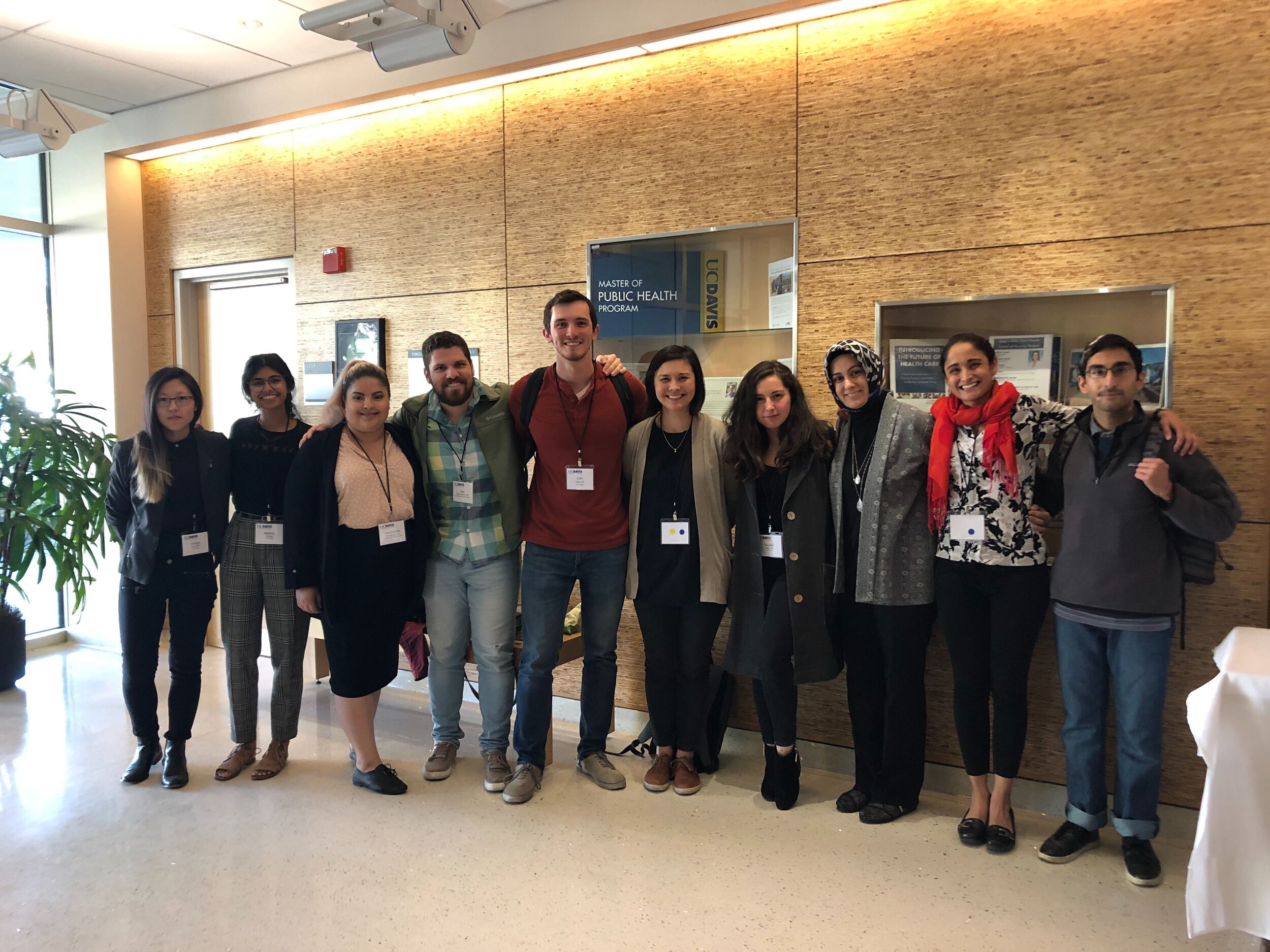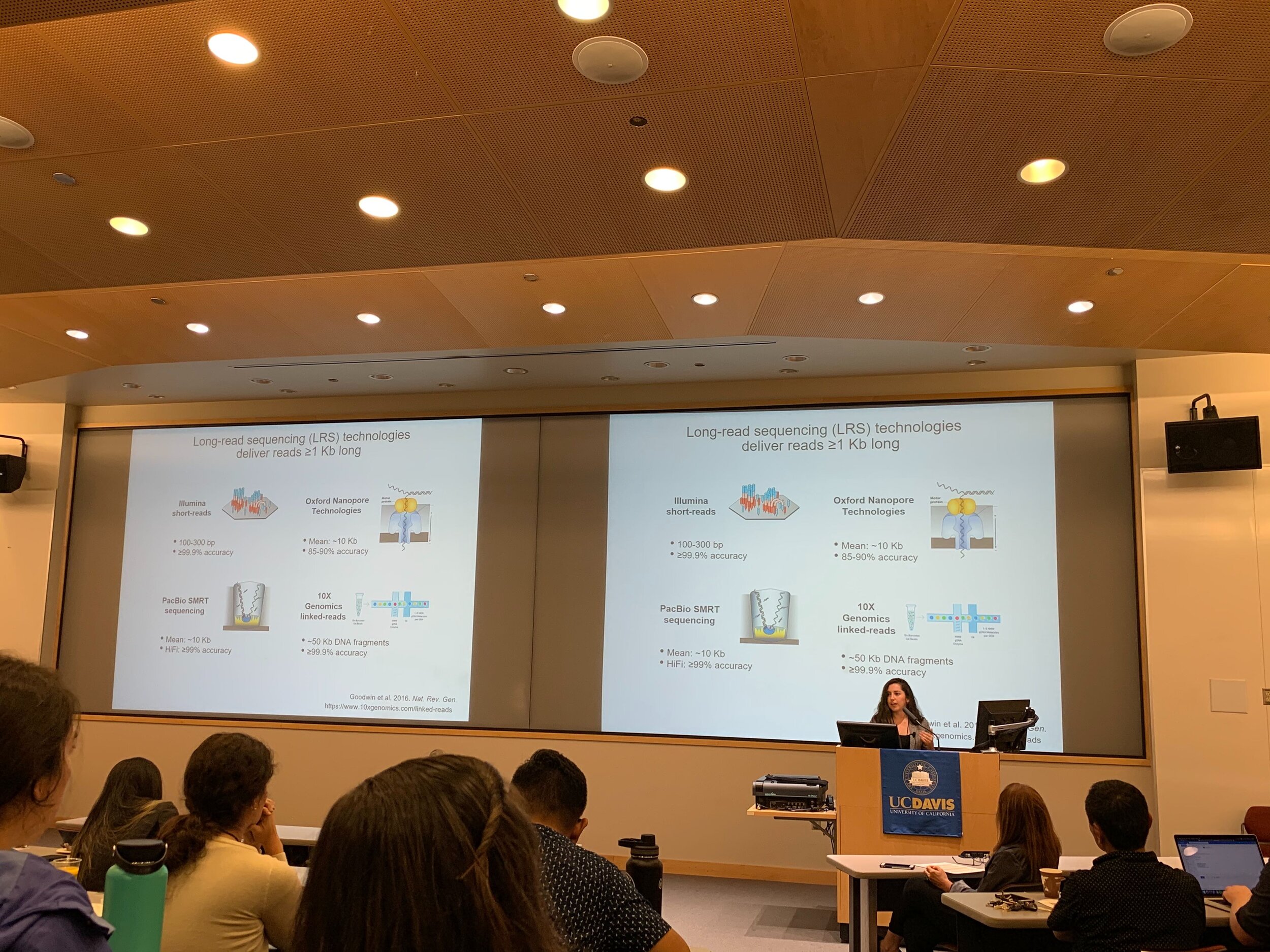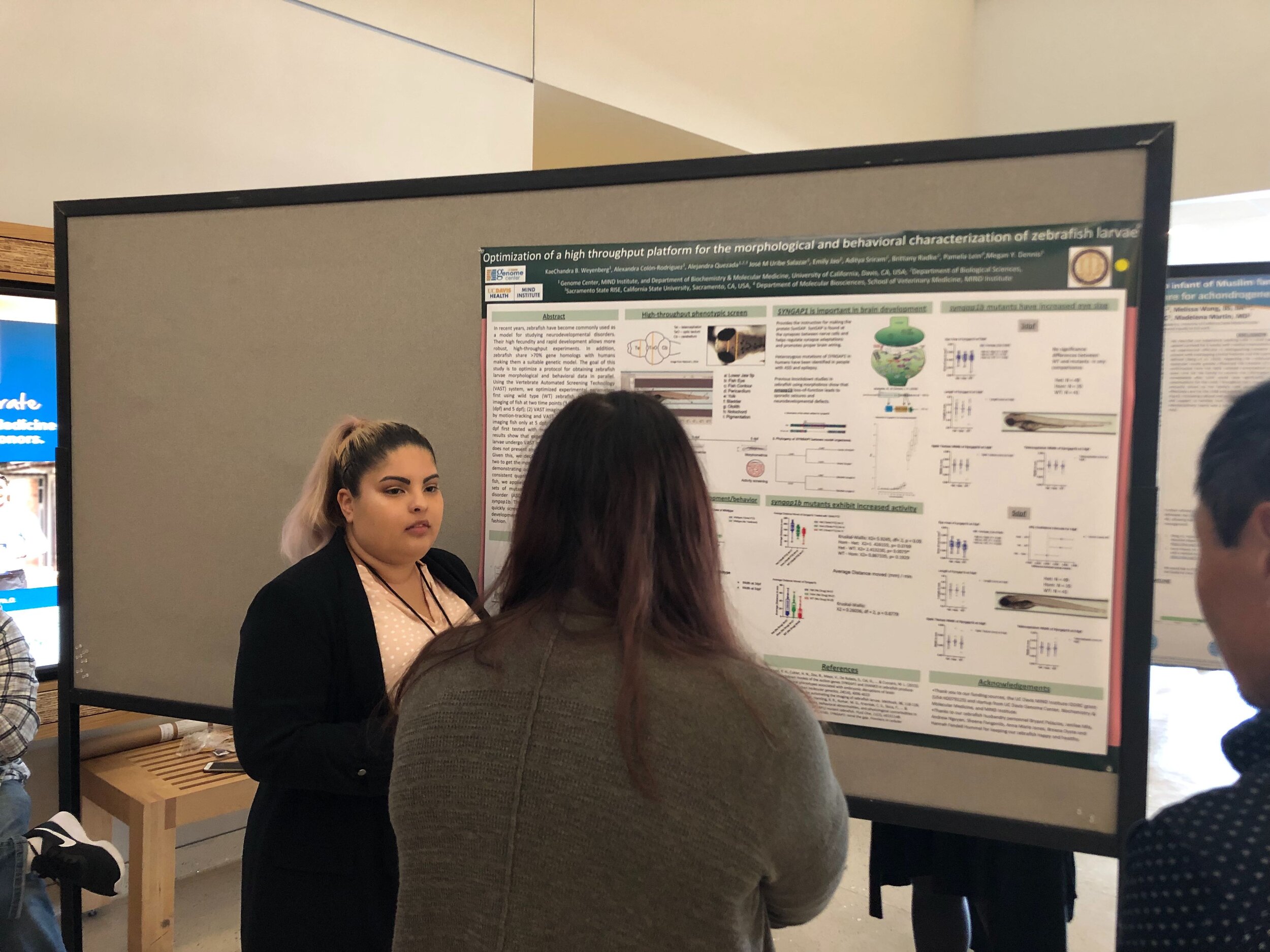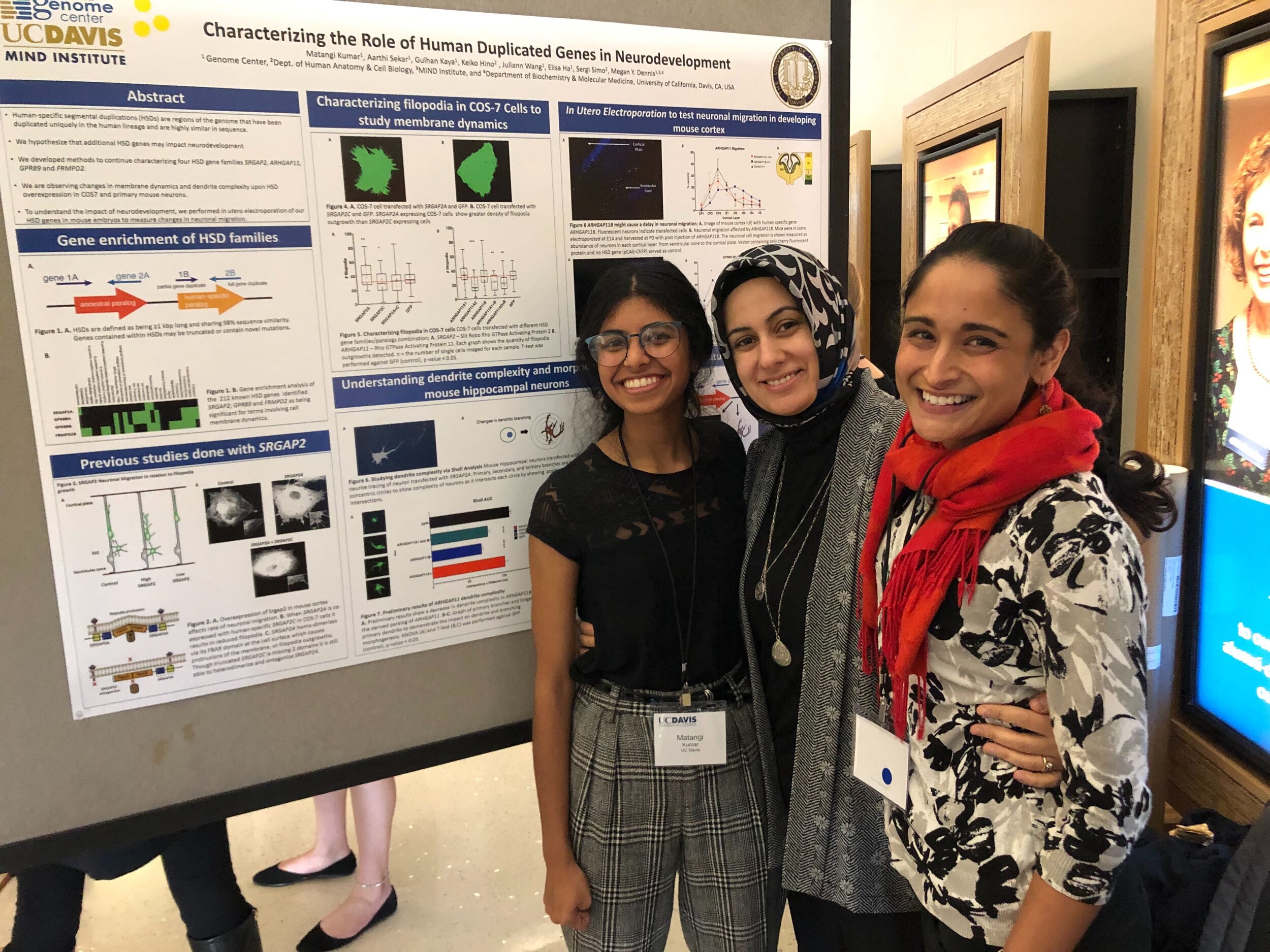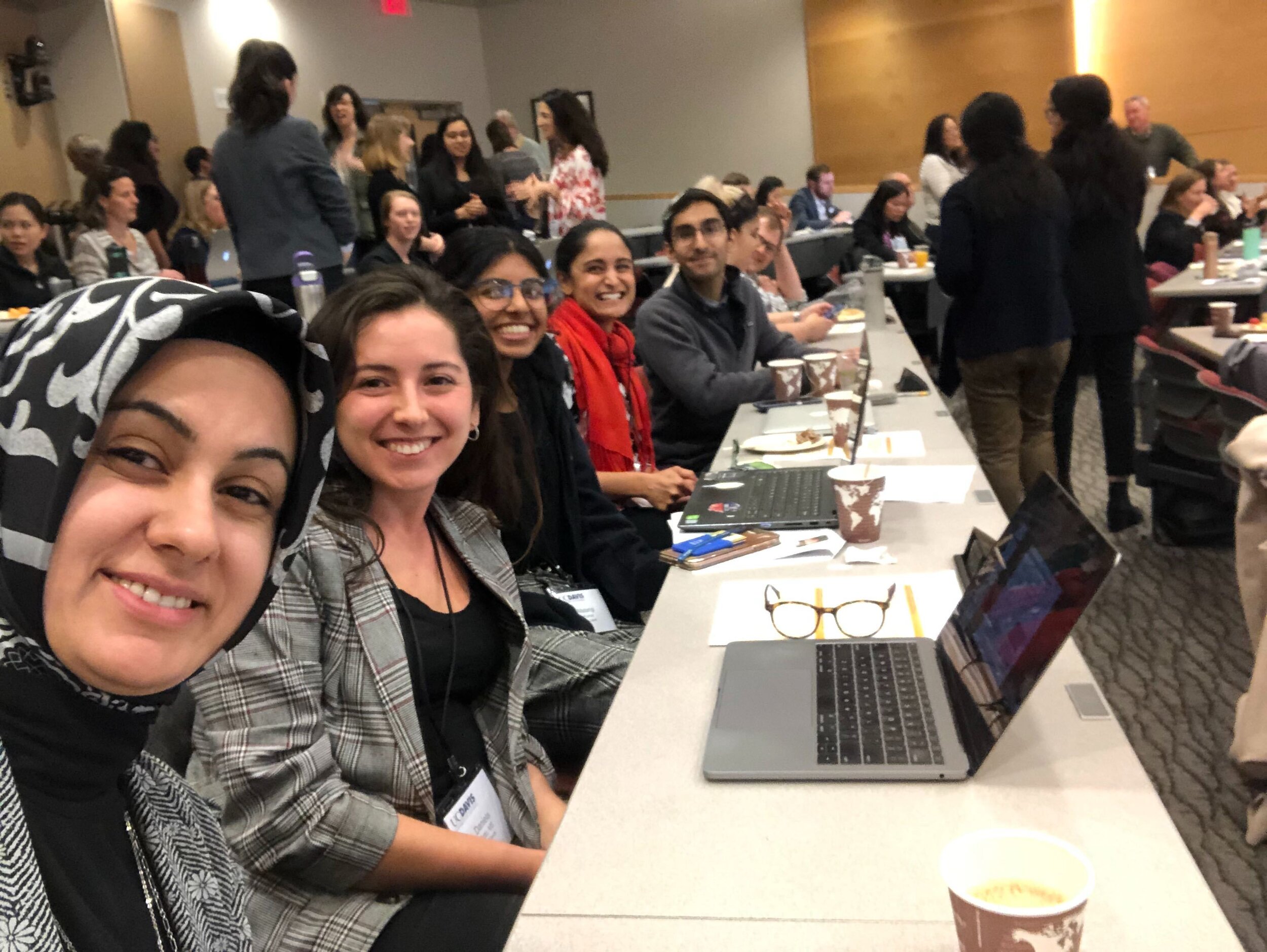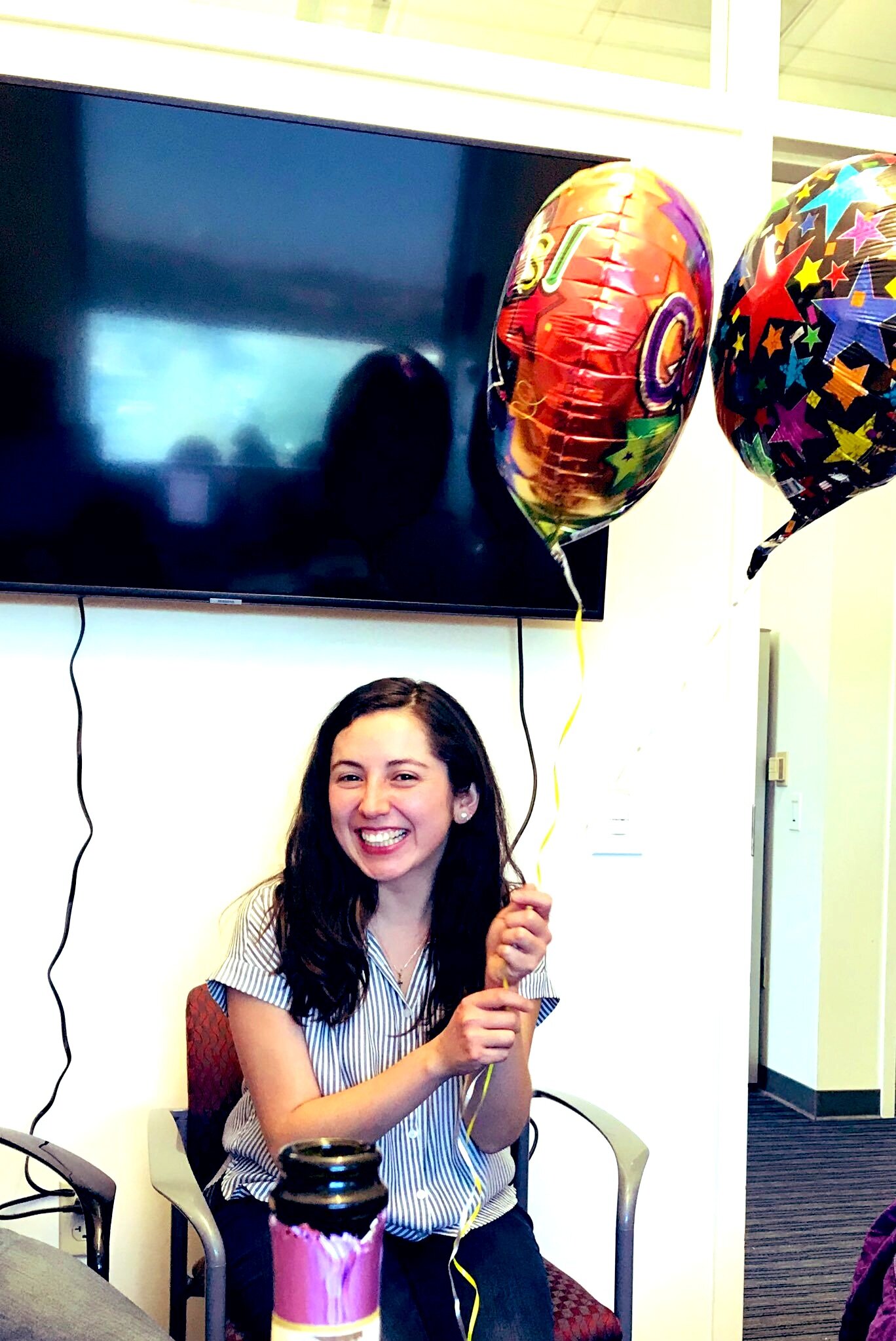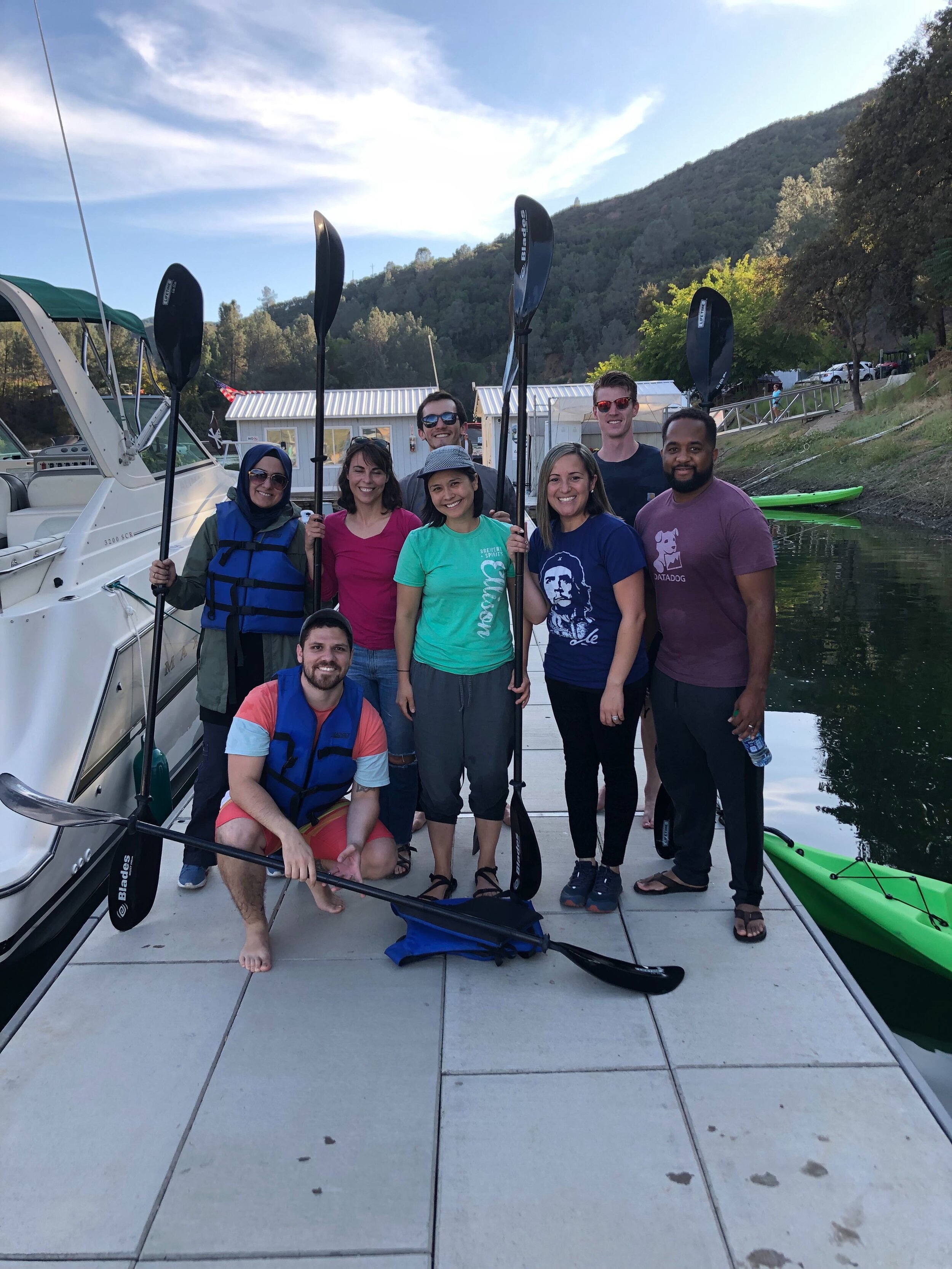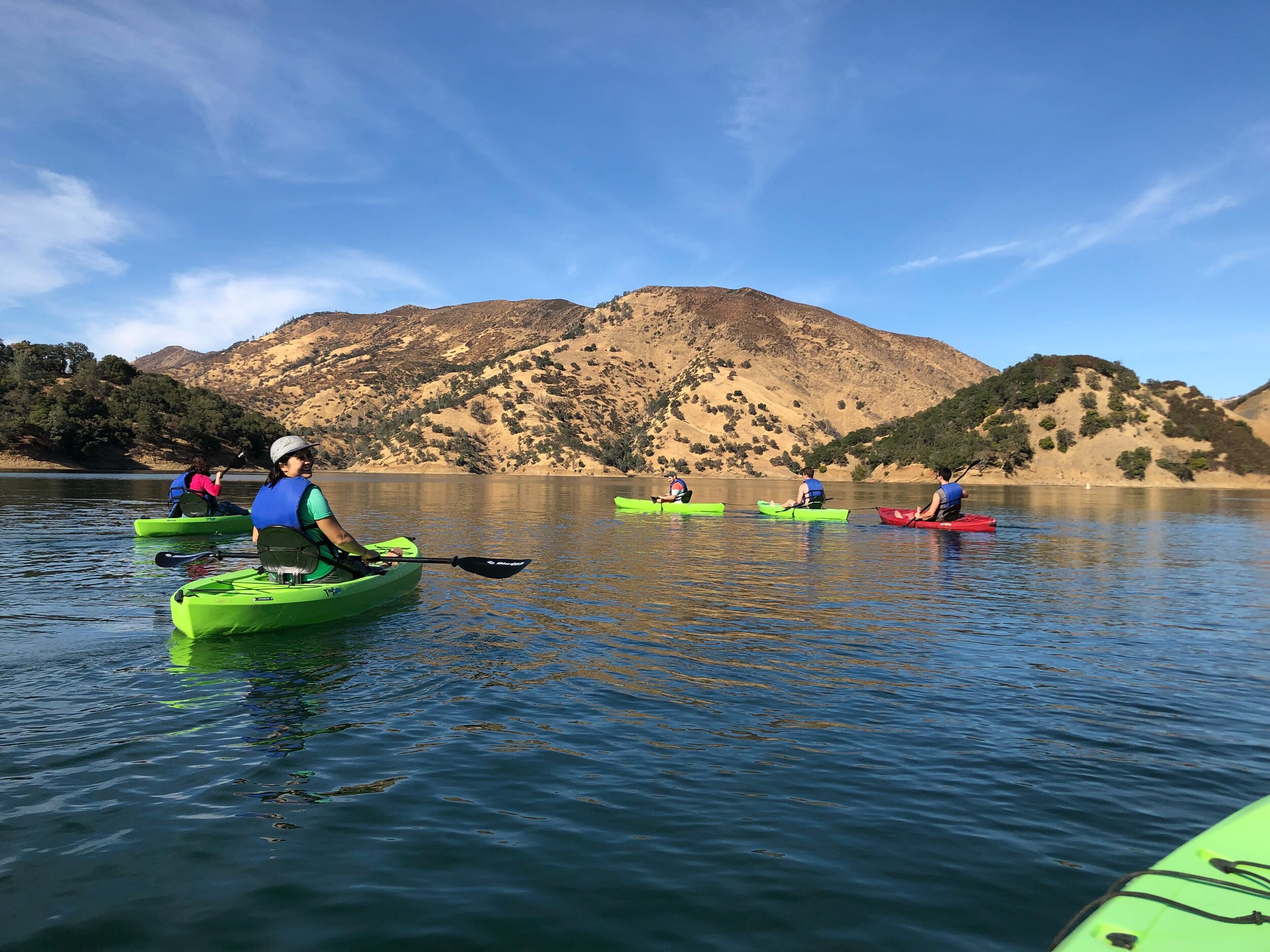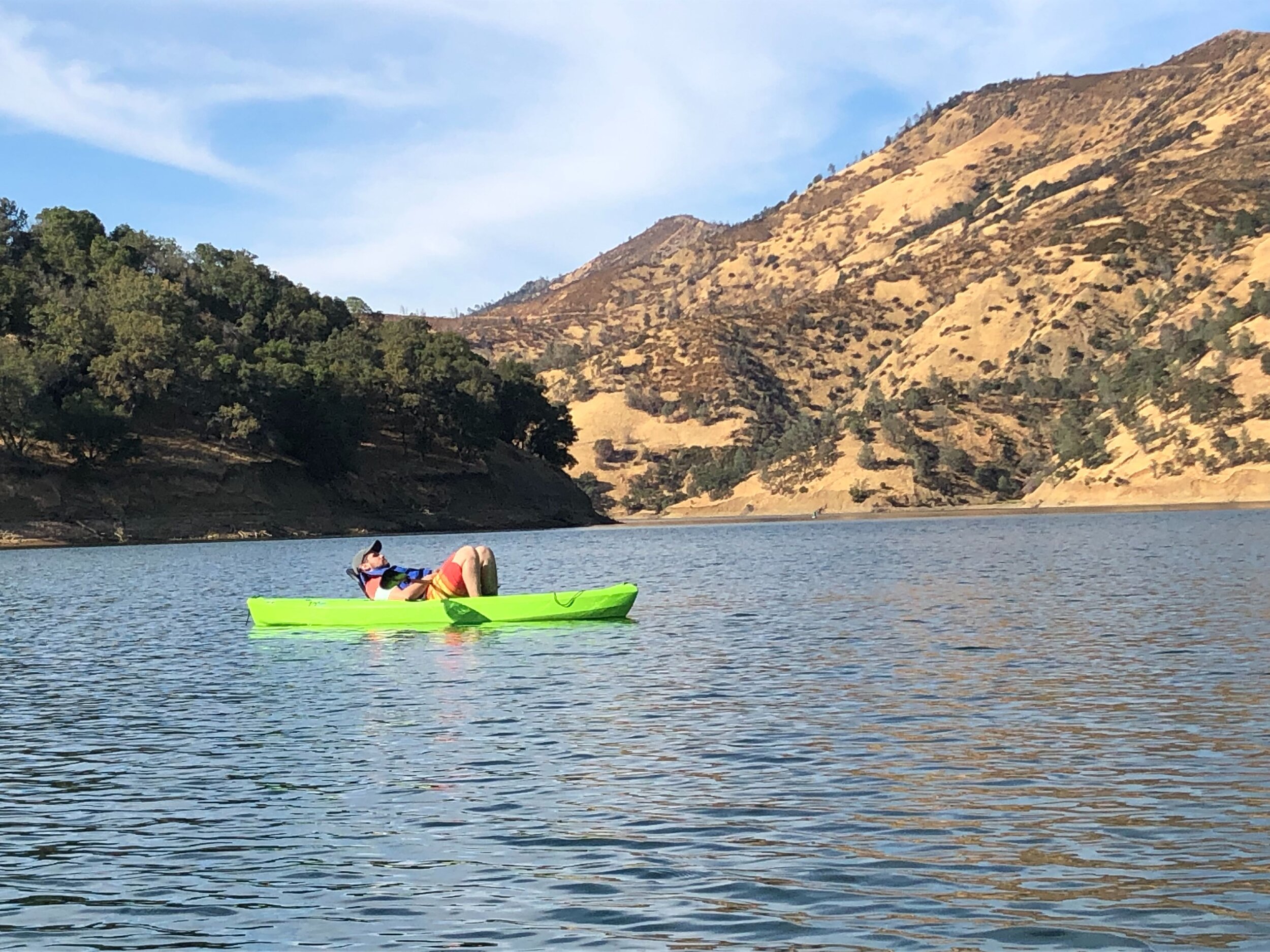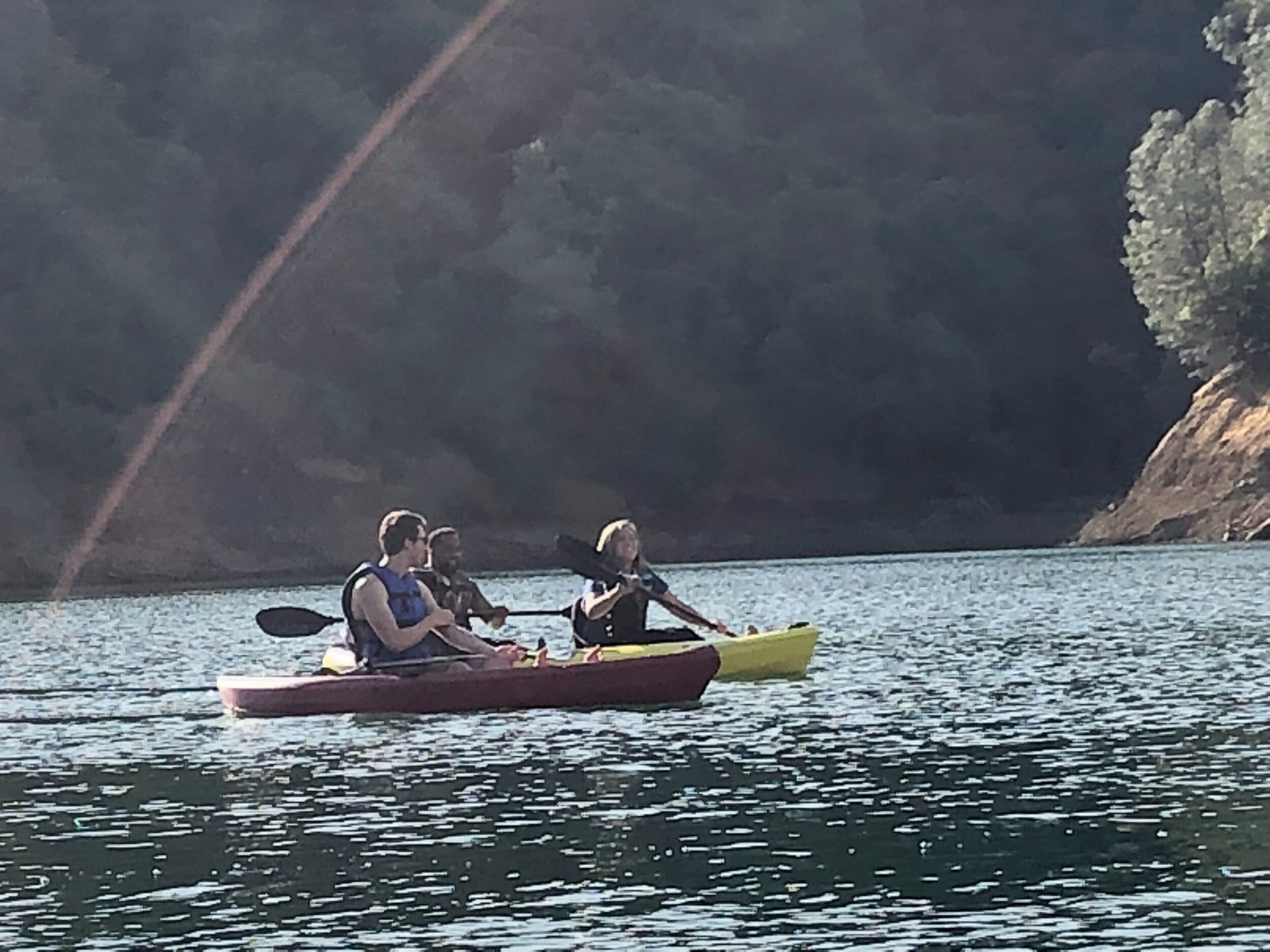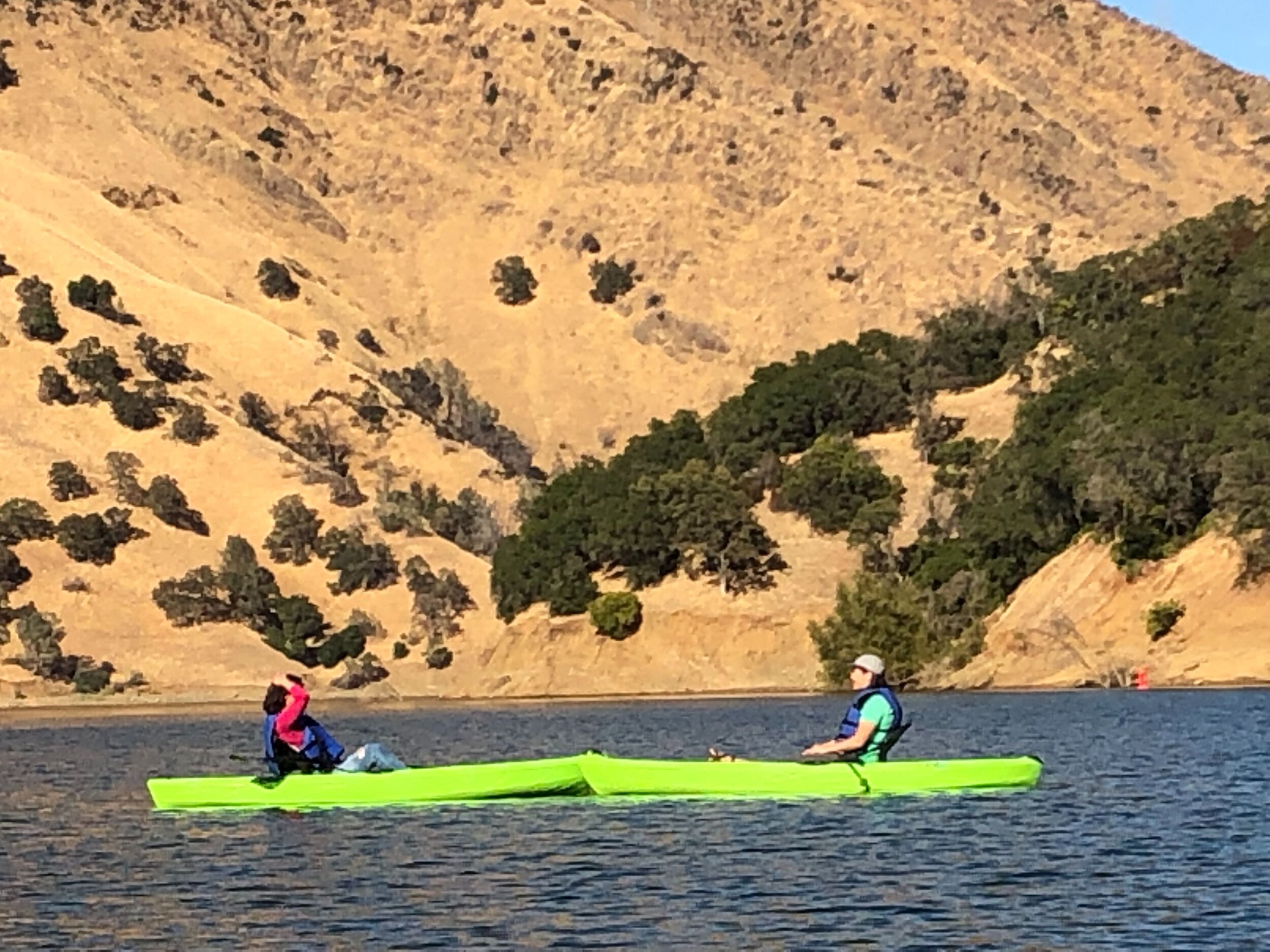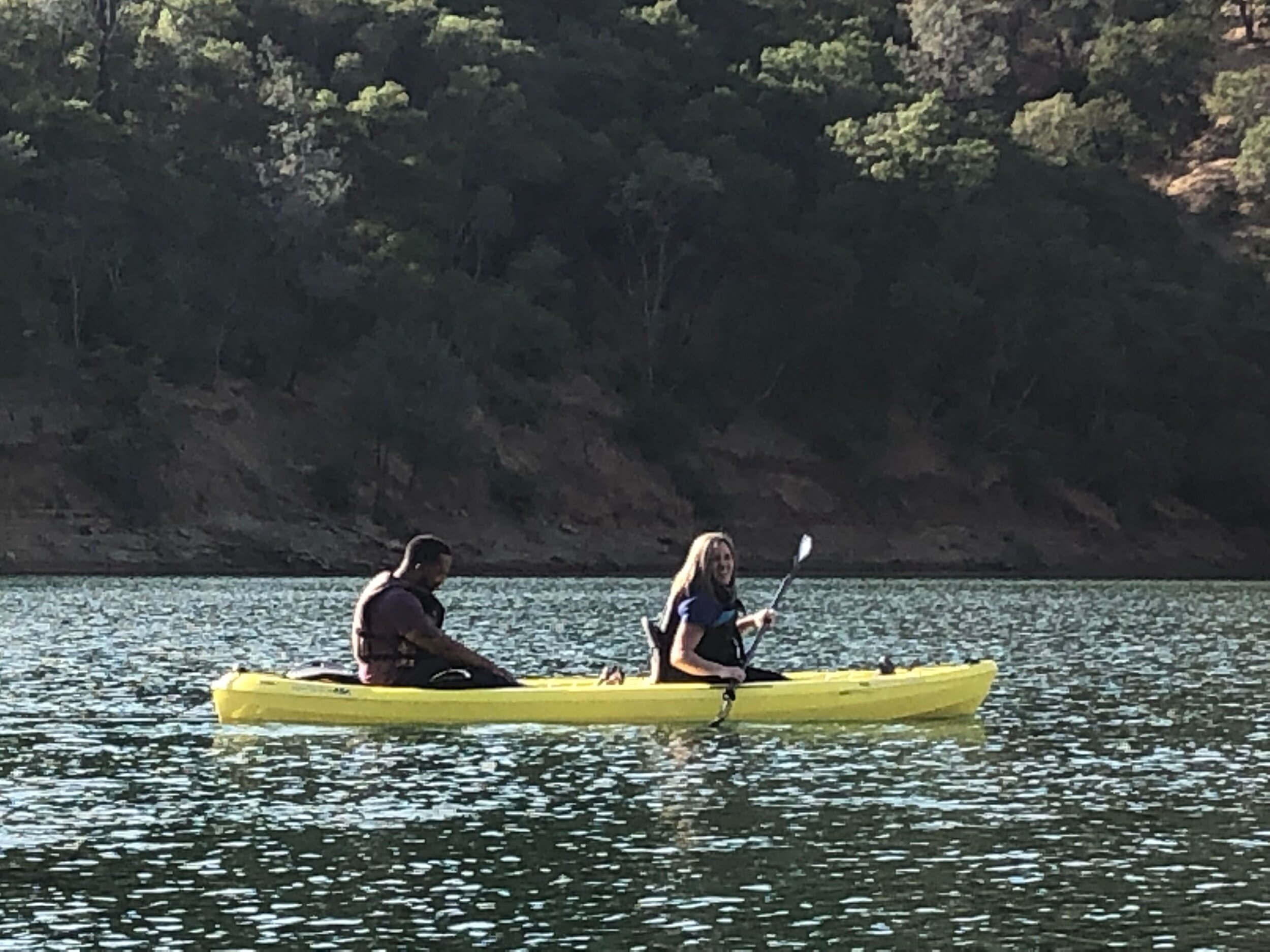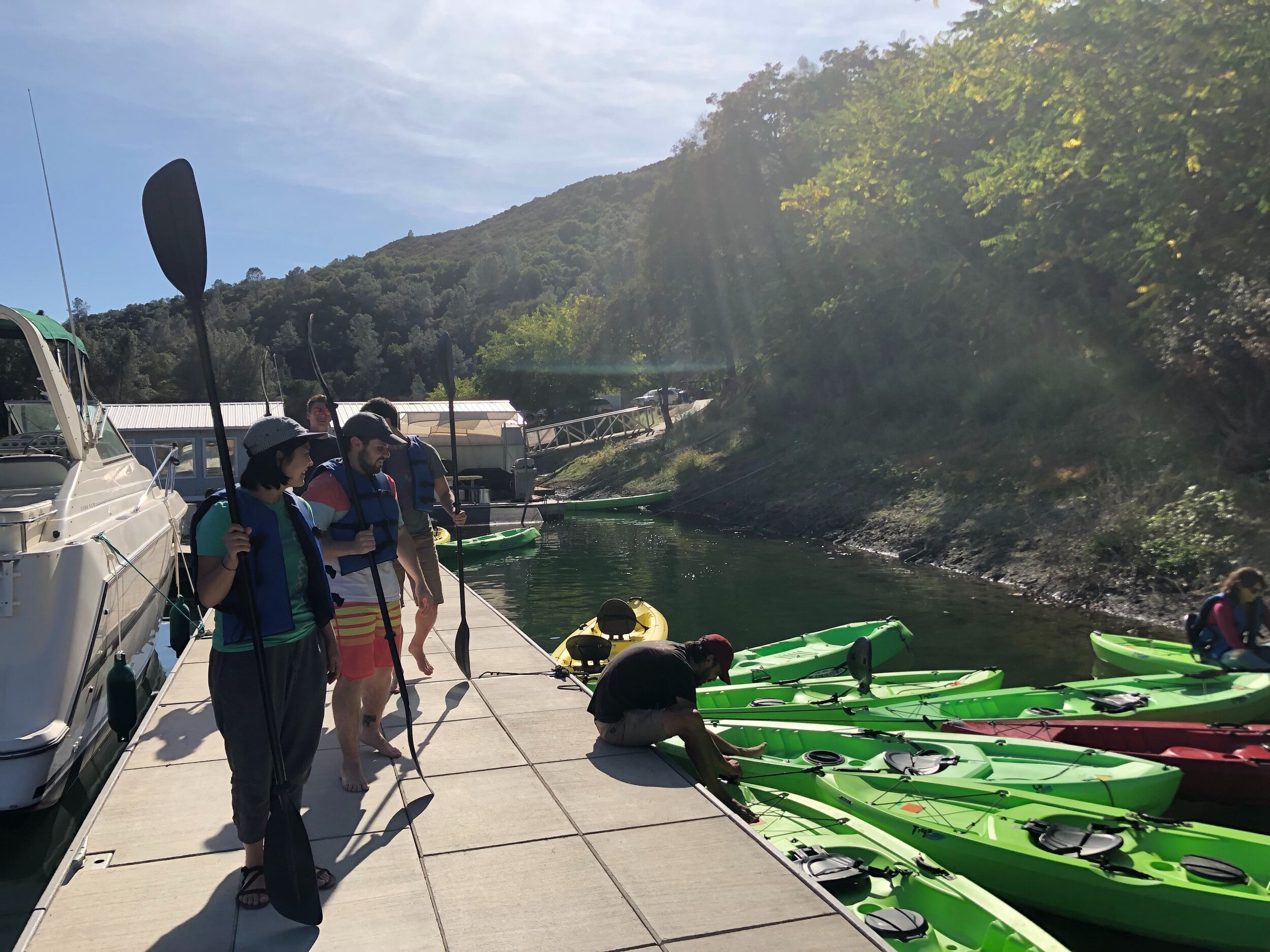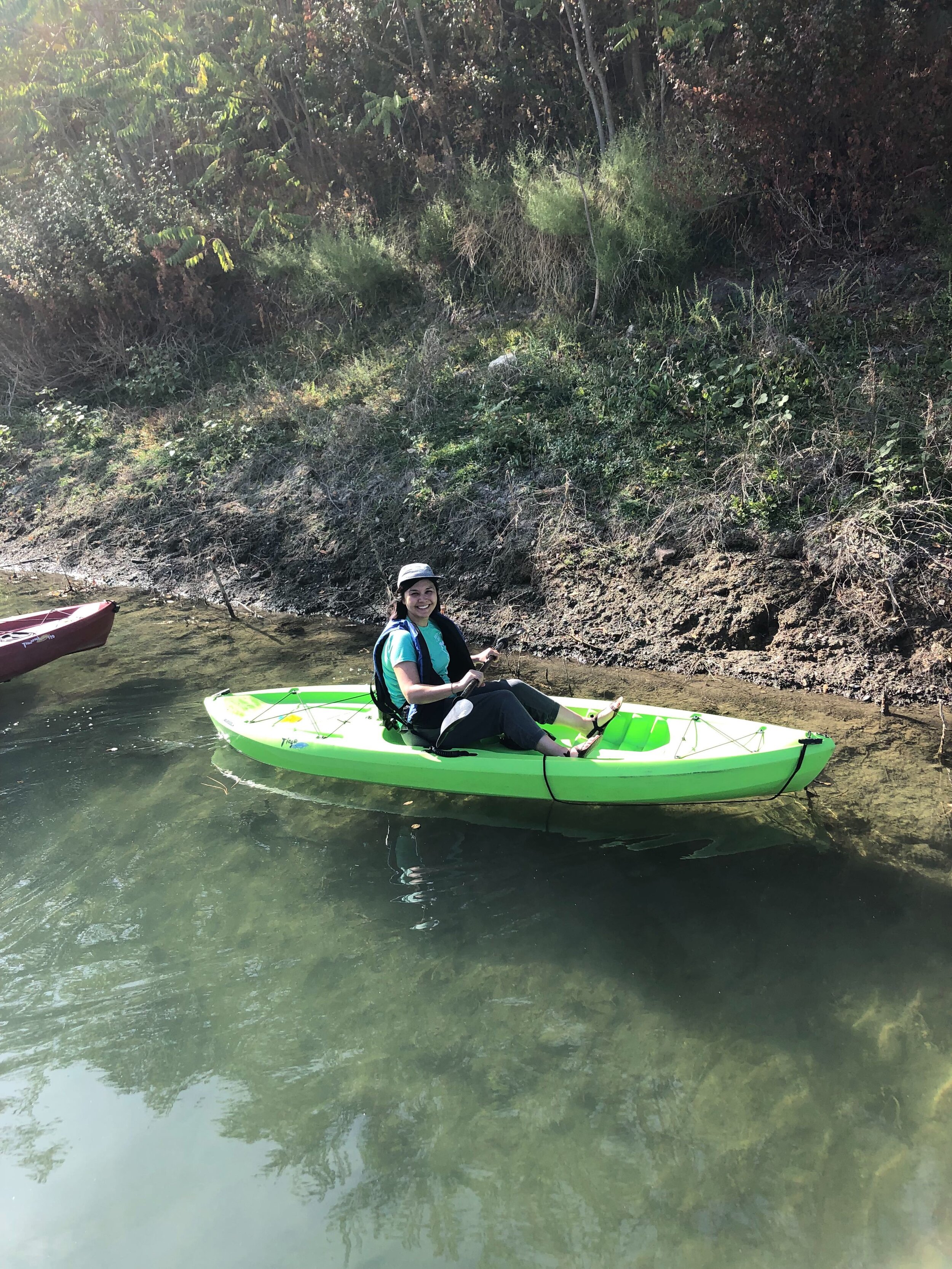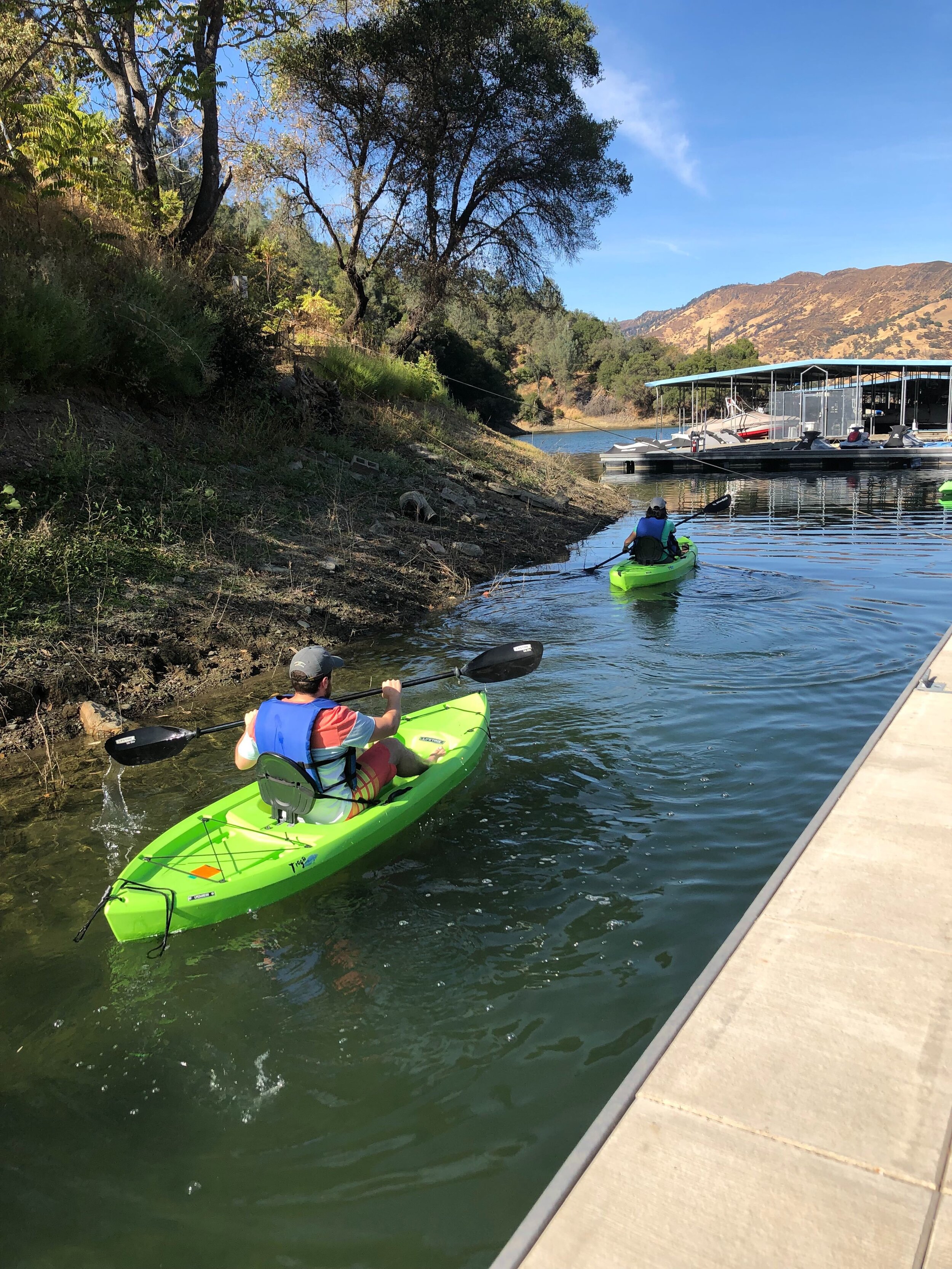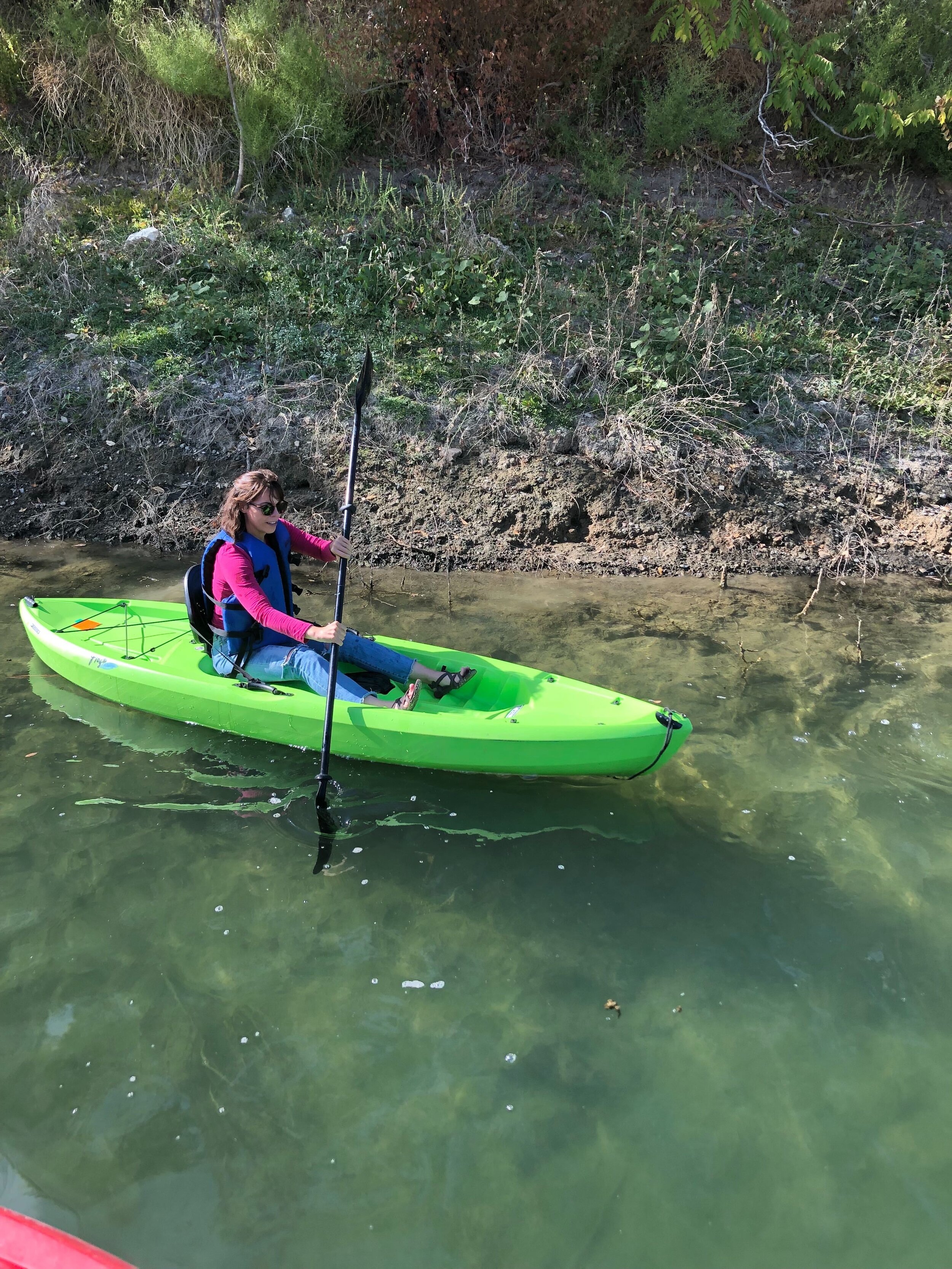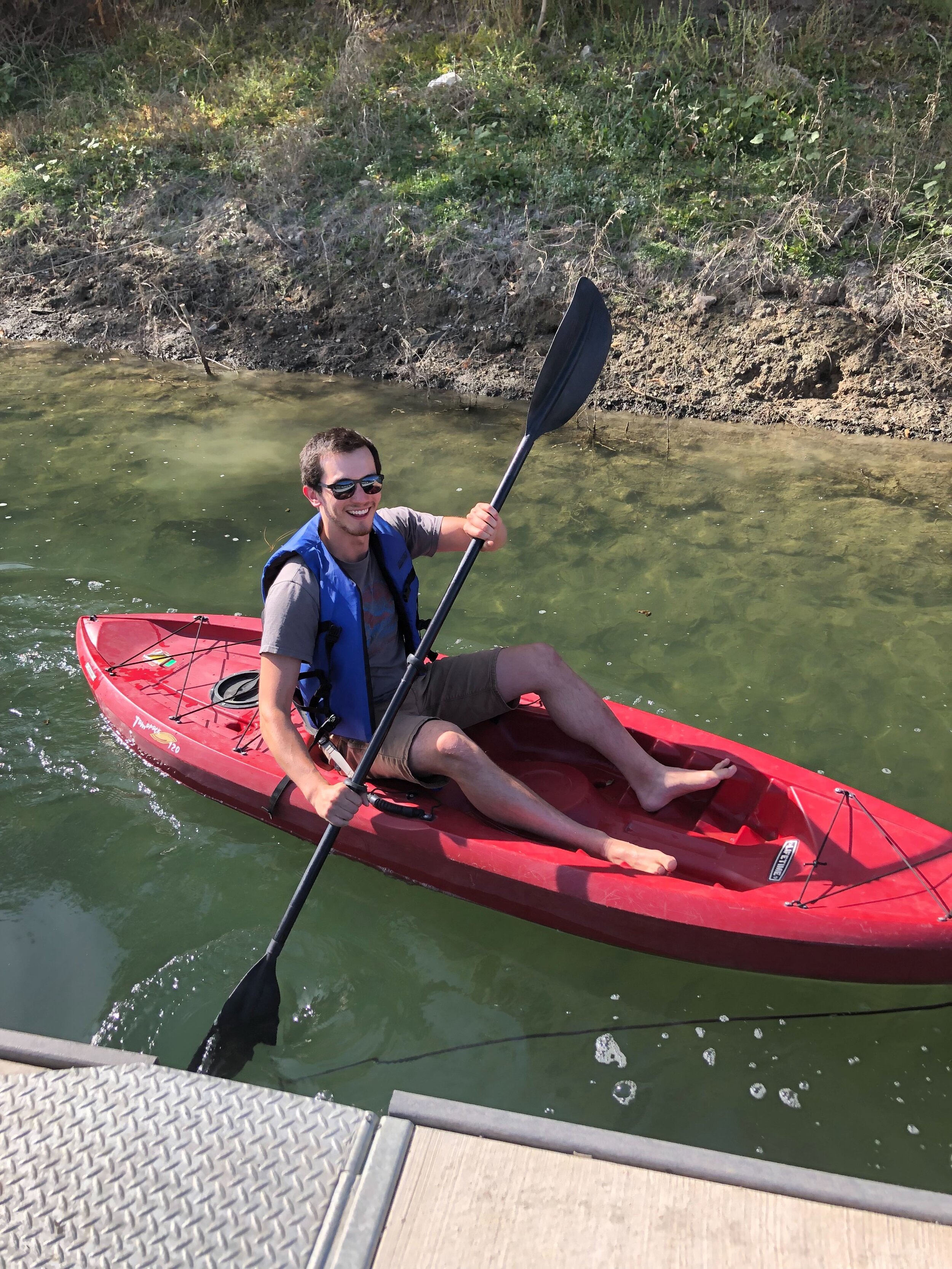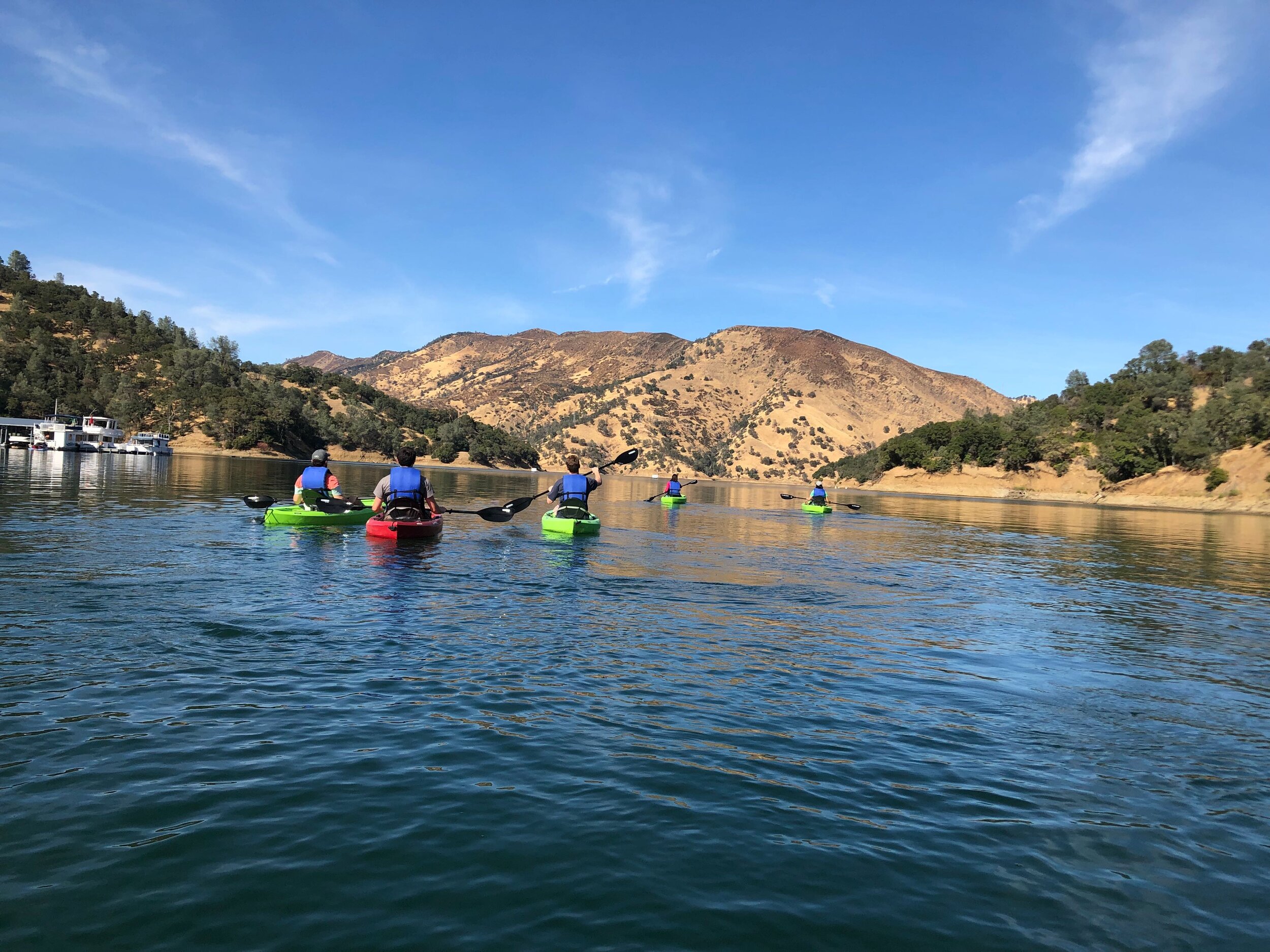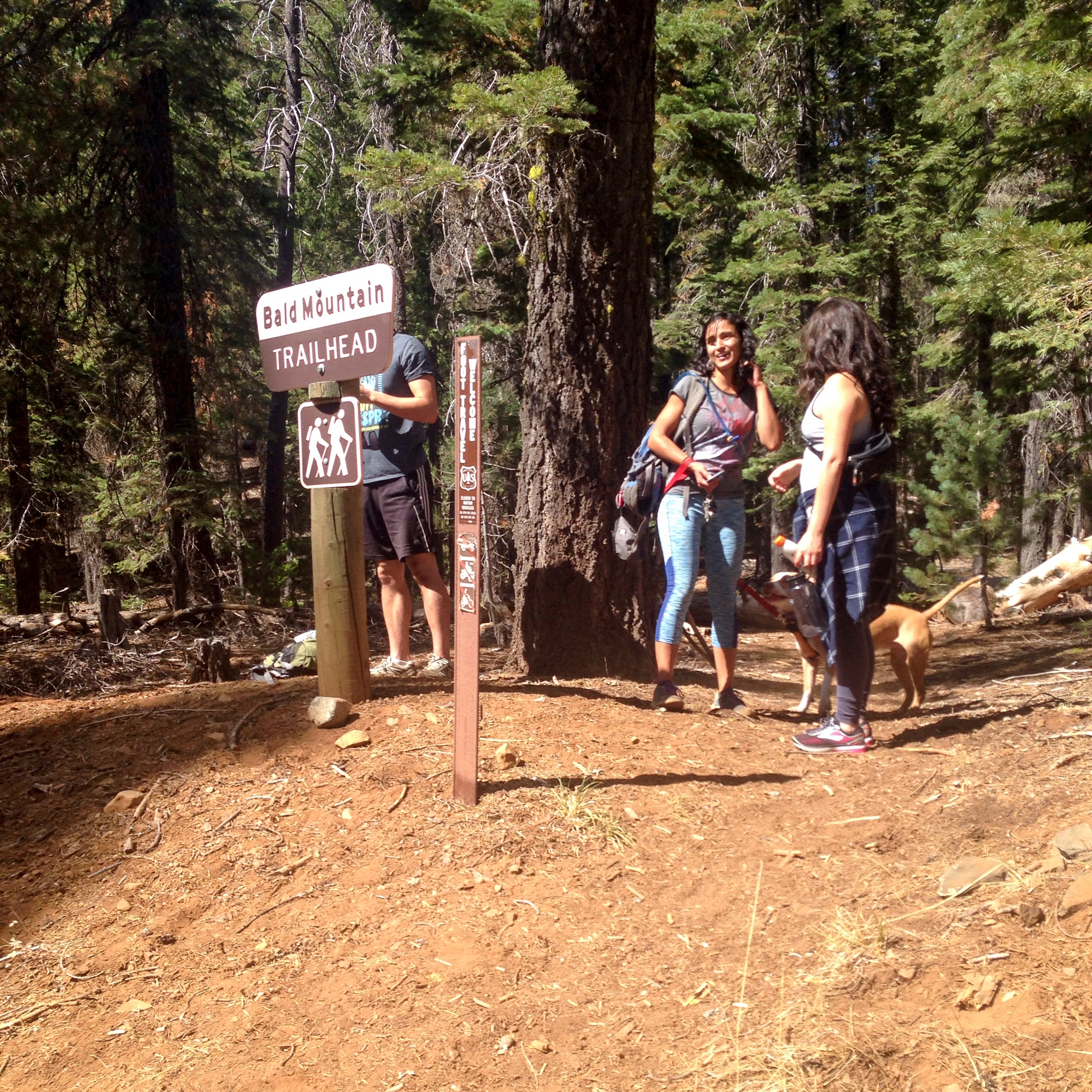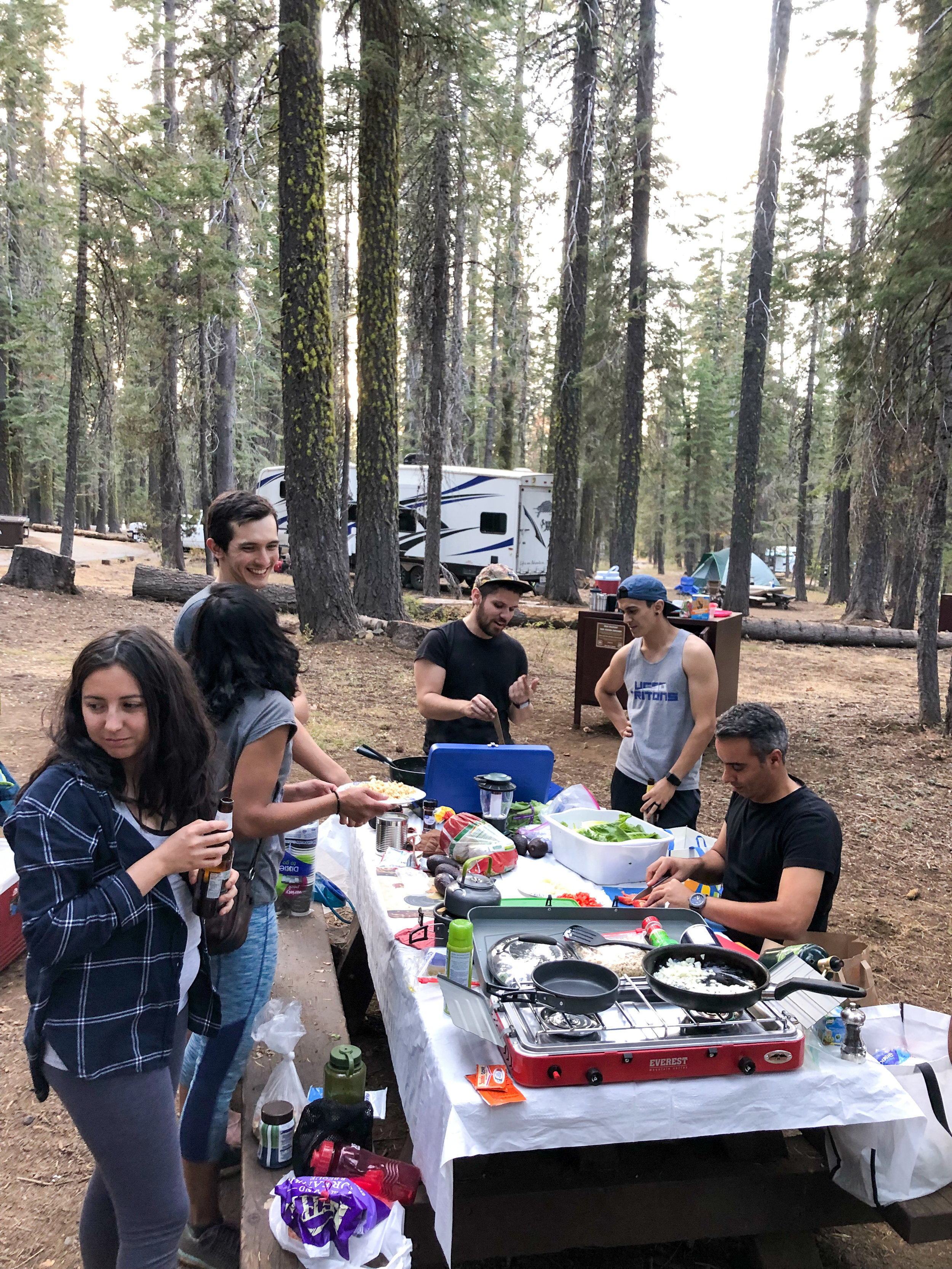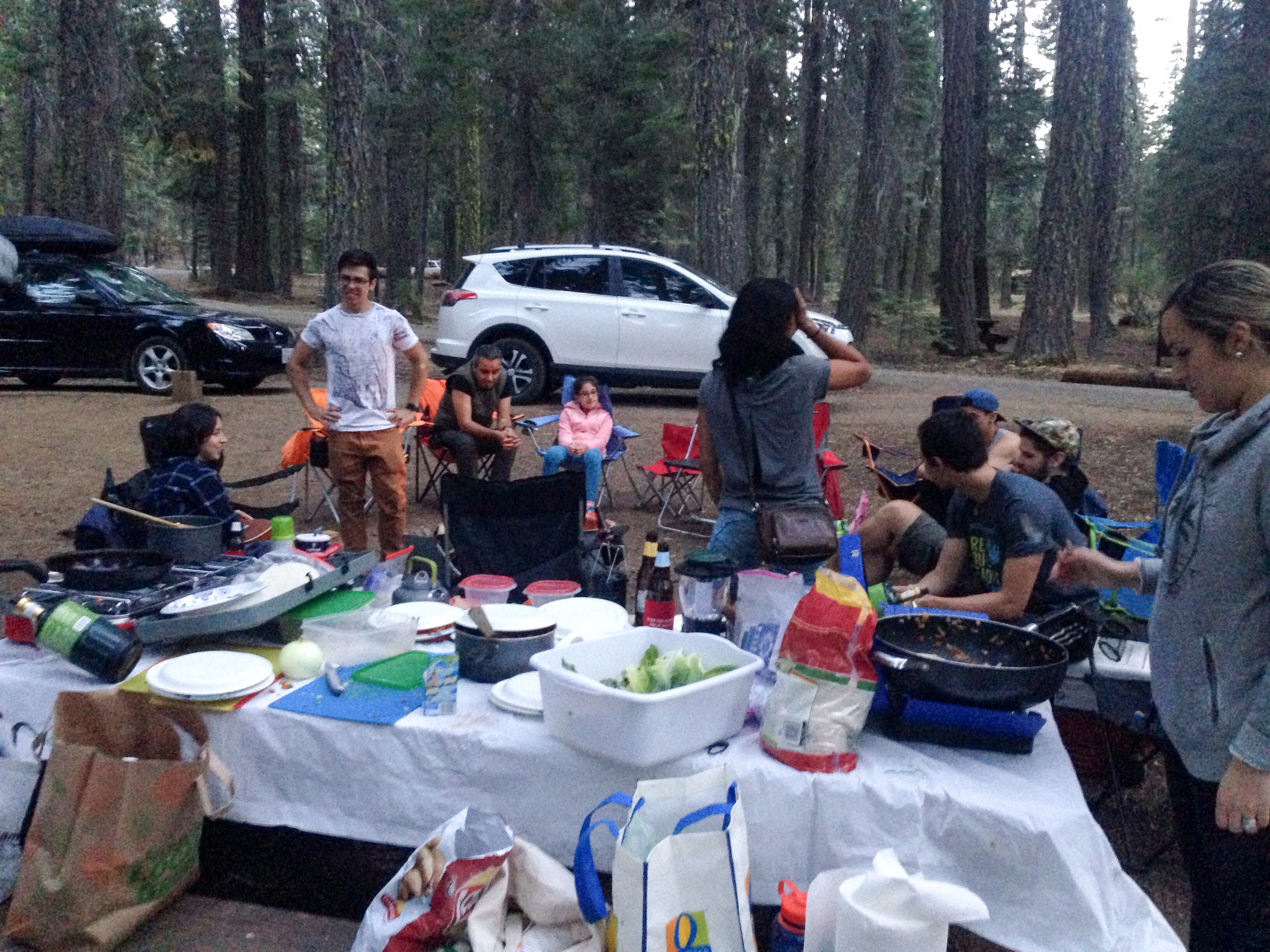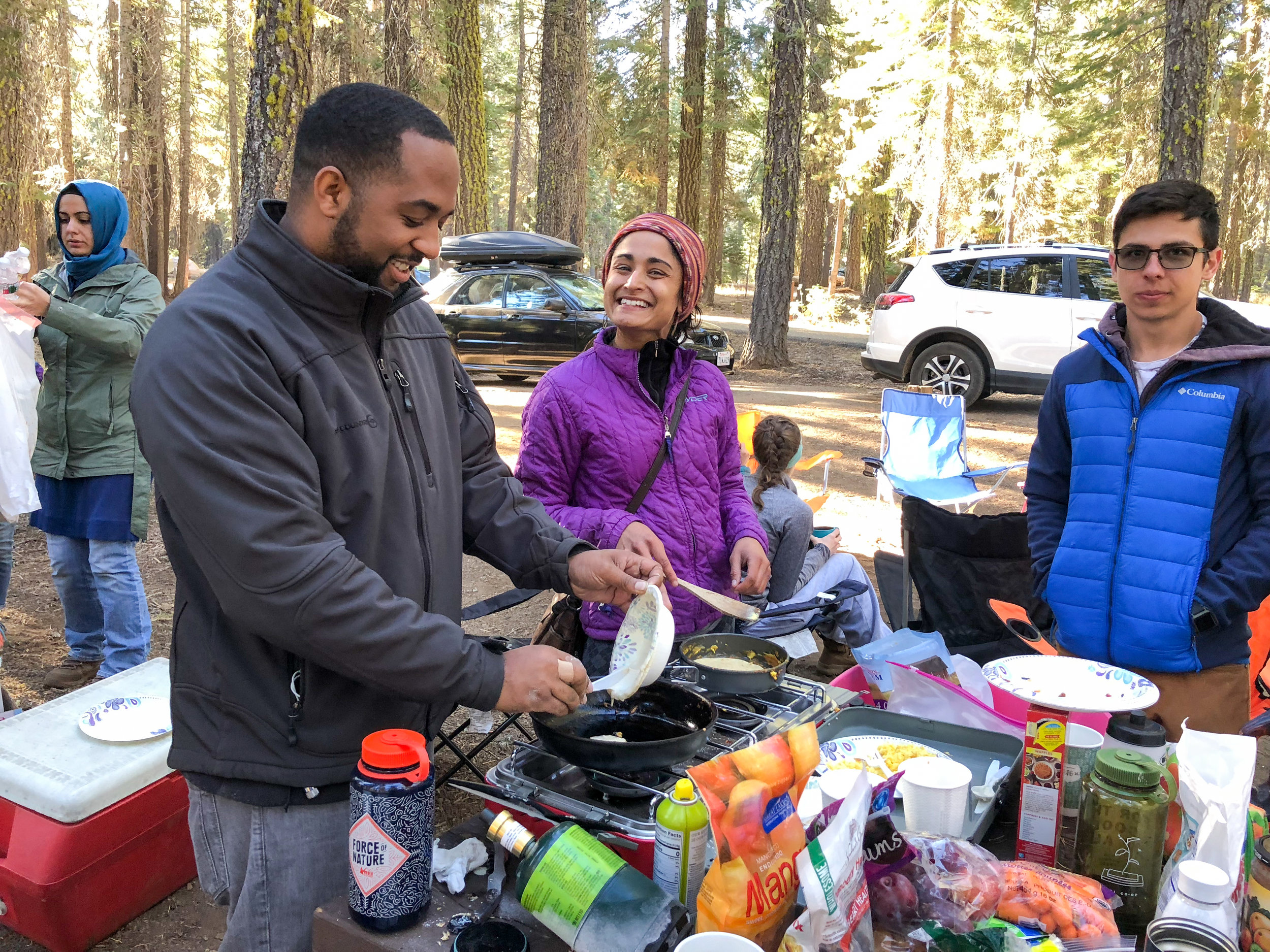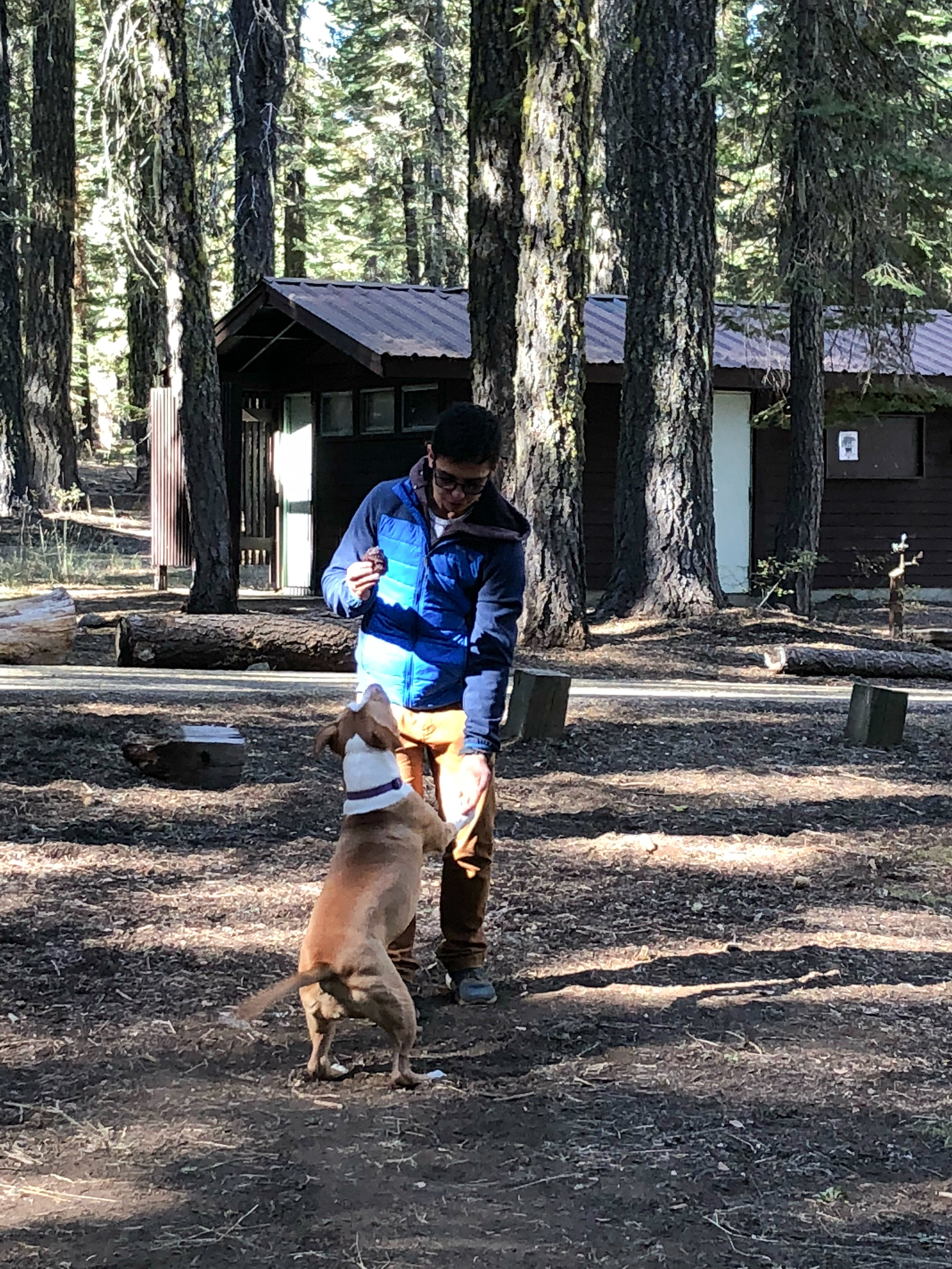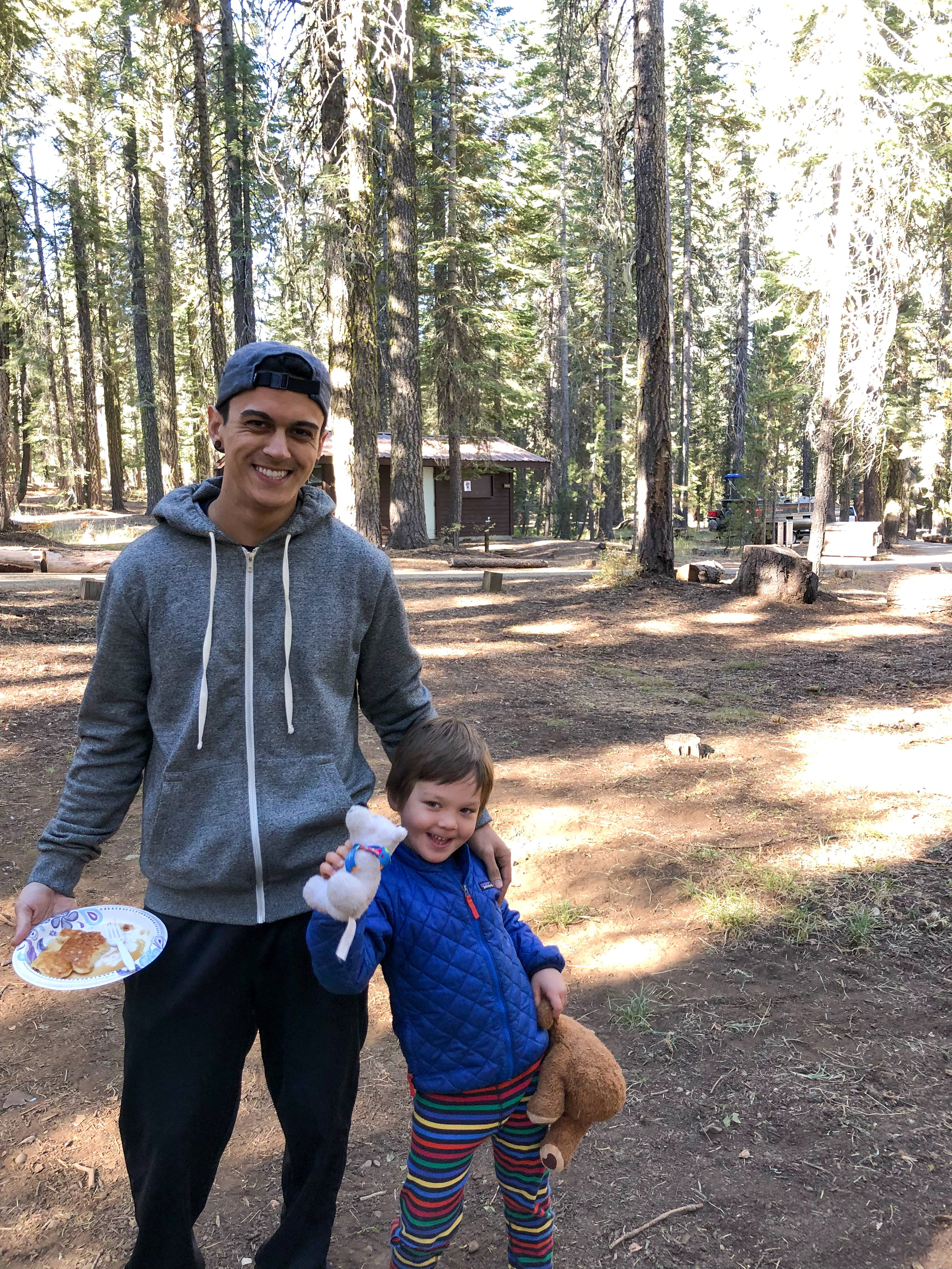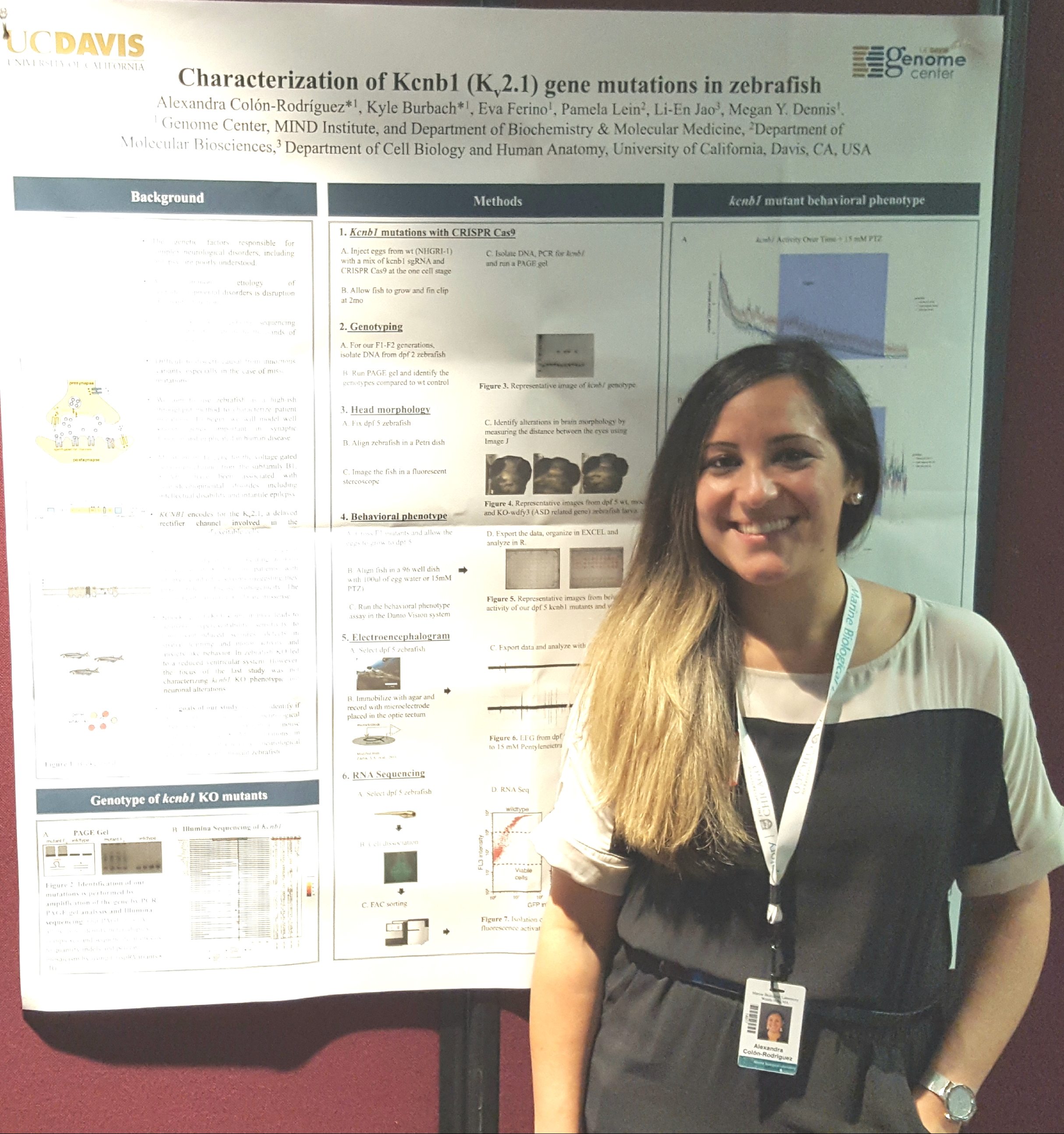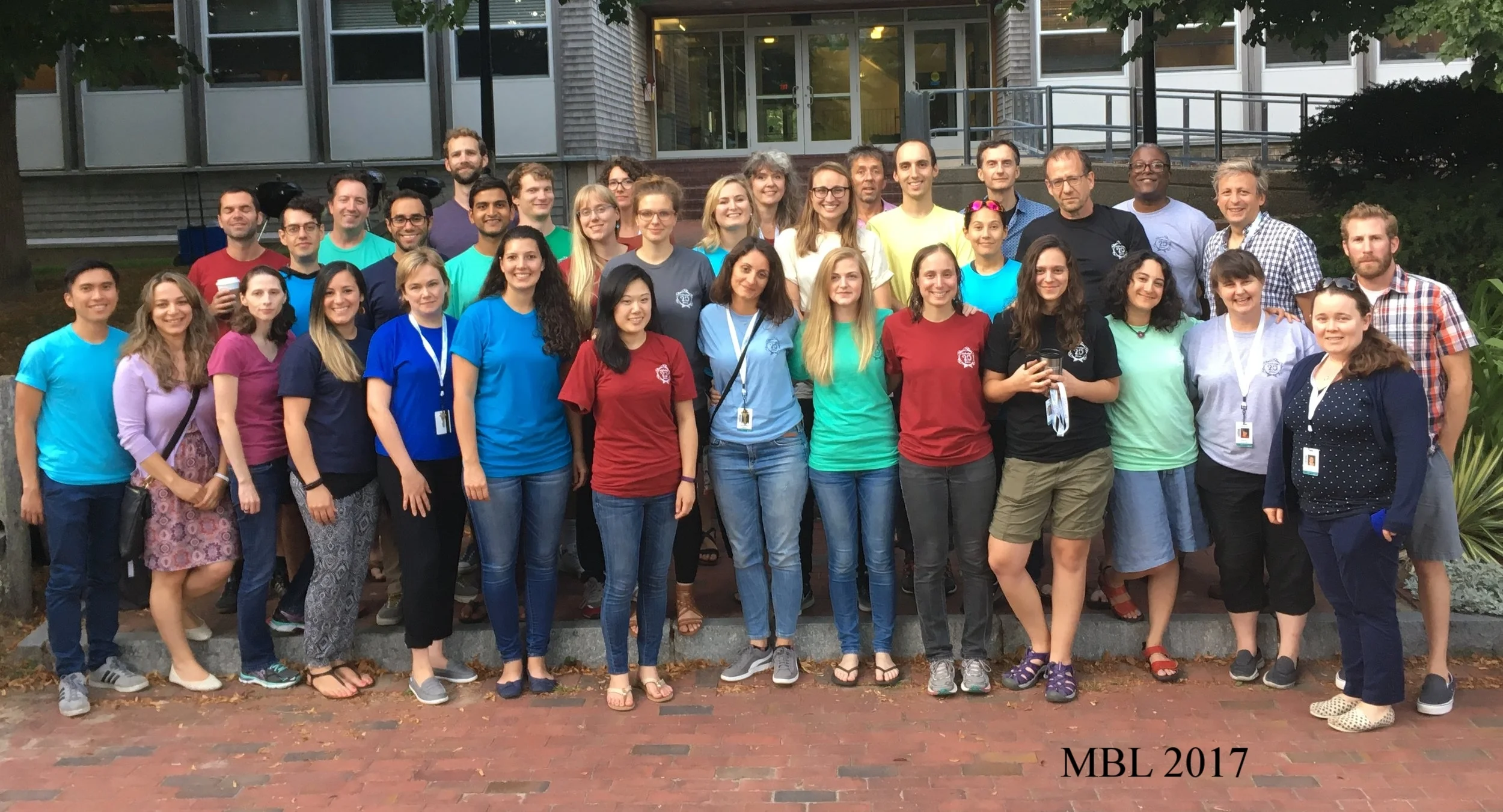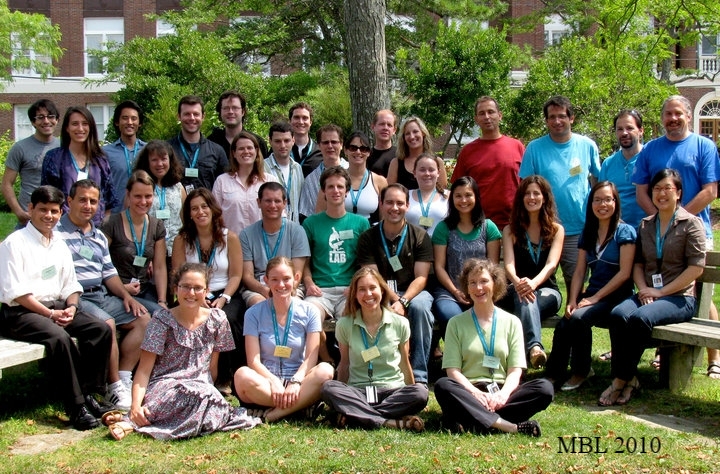Tha lab’s first zebrafish paper “Assessment of Autism Zebrafish Mutant Models Using a High-Throughput Larval Phenotyping Platform” was published in a special topic of Frontiers in Cell and Developmental Biology: Zebrafish Models for Human Disease Studies led by postdoc Alexandra Colón-Rodríguez with support from present and former Dennis lab members José Uribe Salazar, KaeChandra Weyenberg, Aditya Sriram, Alejandra Quezada, Gulhan Kaya, Emily Jao, and Brittany Radke, as well as collaborator Pam Lein. Amazingly, co-authors included three undergrads and a high school student!
Some highlights:
Tested impacts on larval development of a high-throughput platform allowing morphological measurements using the VAST imaging system coupled with motion-tracking using DanioVision to detect drug-induced seizures.
Identified developmental defects (altered brain and eye sizes) and enhanced seizures for CRISPR mutants targeting orthologs of autism genes, SYNGAP1 and SLC7A5.
Established defects could be detected in both mosaic and stable mutant lines, opening up the possibility to increase throughput of genes screened.









